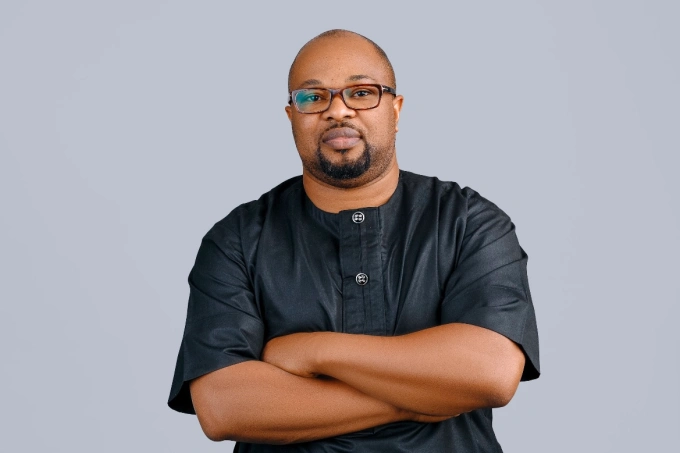
In Nigeria, the power supply is erratic, and blackouts occur very often. Some of the longest blackouts are often associated with the national grid collapsing. In 11 years, from 2010 to 2021, Nigeria’s national grid collapsed 216 times. Different reasons have been given for the breakdowns, such as “exhaust over temperature,” “vandalism,” and “power plants shutting down abruptly,” but the most prominent reason is the lack of digitisation in an industry dominated by analogue means of detecting faults.
Electricity distribution companies (discos) in Nigeria have long clamoured for an effective way to obtain real-time data that would allow them to operate, analyse, and control Nigeria’s electrical power system. This power system comprises generating stations and the transmission and distribution network that supplies electrical power to various forms of loads. Since 1988, the government has planned to set up an effective way to monitor the national grid, but there has been no complete remedy.
For the past 8 years, Beacon Power Services, a Nigerian energy technology company, has been providing a solution for these discos with its AI-enabled grid management platform. The platform, Adora, connects to every utility asset and customer node on the grid, and through it, energy providers can preempt outages, identify network losses, and distribute electricity more efficiently.
Speaking to TechCabal after his company’s $2.7 million seed round last month, Bimbola Adisa, the founder and CEO of Beacon Power Services, talked about how his company has been able to operate in the energy sector. A former aeronautical engineer, Adisa said his experience as an aeronautical engineer in the United States helped shape his belief that Africa’s energy problems are solvable.
According to Adisa, the biggest challenge Africa is facing in the distribution of power can be traced to rapid urban expansion in the cities and the lack of urban planning. “You might have a neighbourhood where, once upon a time, your infrastructure was built to supply 10 homes, and now there might be 100 homes in there,” he described.
He explained that this expansion has often been the cause of transformers blowing up. Frequent blow-ups and the high cost of replacing or repairing them make blackouts almost unavoidable.
According to Adisa, Beacon Power covers more than 8 million customers from four discos in Nigeria and Ghana and uses a “boots on the ground, bottom-up approach” to address two key issues: data and visibility issues on the electricity grid. Beacon Power helps discos with customer mapping and asset mapping by combining its digital software that tracks capacity with demand with a manual means of obtaining the data.
To give more context to the “boots on the ground, bottom-up approach,” Adisa’s company goes door to door, verifying each asset and tracing where each asset supplies electricity to help the discos digitise and clean up their data. With their platform, Beacon Power is able to then capture and store this information.
Speaking on the impact his company has had since its inception, Adisa said that in the areas that Beacon Power serves, there has been an average of 20% to 25% increase in the average daily availability of electricity. He attributed this success to the machine learning and artificial intelligence tools the company uses to predict when there might be a breakdown. The discos then use this information to avoid outages. With Beacon Power’s platform, the discos can see outages as they occur in real-time, so they can offer faster remedies.
Servicing the energy sector comes with its unique challenges. For Adisa, the sector is moving very slowly globally in terms of technology. The first challenge the company faced was the scepticism attached to being a newcomer trying to digitise an entire sector. The second hurdle was getting widespread adoption and trying to change mindsets and culture in what is traditionally a slow-to-move sector. Beyond these two challenges, Beacon Power also had to overcome limited access to capital.
Solving Africa’s electricity challenges would require a tailor-made approach, and Adisa believes that, with technology, a solution can be procured. With digital technology, African discos can solve their efficiency and data challenges.


















